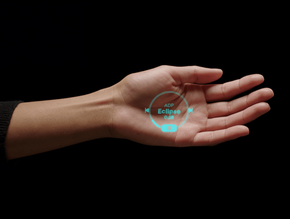The majority of Australians don’t trust AI in the workplace

A new study by the University of Queensland and KPMG Australia has revealed that only 40% of Australians trust using artificial intelligence at work. The survey, which covered over 17,000 people from 17 countries, investigated attitudes towards AI and its use in the workplace, including perceived risks and benefits and expectations of its management and regulation.
The results of Trust in Artificial Intelligence: A Global Study 2023 shed light on current understanding and awareness of AI and who is trusted to develop, use, and govern AI.show that Australians are among the least comfortable using AI in the workplace, particularly for HR purposes such as monitoring, evaluating, and recruiting employees.
According to Professor Nicole Gillespie, KPMG Chair of Organisational Trust at the UQ Business School, Australians are more open to using AI to automate tasks and help employees complete their work.
However, she notes that they prefer AI involvement in managerial decision-making over sole human decision-making, provided humans retain control. Only 43% of Australians believe their employer has practices to support the responsible use of AI, she adds.
Confidence in government and technology is low
The study also reveals that a third of people have low confidence in government, technology, and commercial organisations to develop, use, and govern AI in society's best interest, notes James Mabbott, Lead Partner KPMG Futures.
“Organisations can build trust in their use of AI by putting in place mechanisms that demonstrate responsible use such as regularly monitoring accuracy and reliability, implementing AI codes of conduct, independent AI ethics reviews and certifications and adhering to emerging international standards,” says Mabbott.
While Australians recognise the benefits of AI, they are hesitant to embrace it, with only 44% believing the benefits outweigh the risks and only a quarter believing AI will create more jobs than it will eliminate, says Professor Gillespie.
The study also found that the number one perceived risk of AI globally is cybersecurity, with 75% of respondents concerned about potential risks of AI, including cybersecurity and privacy breaches, manipulation and misuse, loss of jobs and deskilling the erosion of human rights, and inaccurate or biased outcomes.
Mitigating those risks and protecting people's data and privacy are critical to trust in AI, Professor Gillespie notes. She adds that the survey found 70% of Australians expect AI to be regulated, but only 35% believe there are enough safeguards, laws, and regulations in place. The community expects an independent regulator rather than reliance on industry governance, she concludes.






